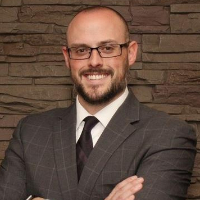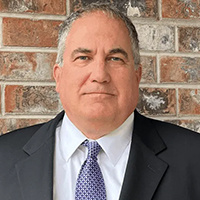Clearfield White Collar Crime Lawyer, Utah
Sponsored Law Firm
-
 x
x

Click For More Info:
-
The Law Offices of Richard L. Cooper, P.A.
848 Brickell Avenue Suite 800 Miami, FL 33131» view mapDWI/DUI, Drug Trafficking, Felony Nationally Ranked Top 40 Under 40
With Richard L. Cooper you can expect a trusted confidant who will work diligently to fully understand your case and determine a road map to help you regain control of your life.
800-756-2781
Logan Eric Collins
Logan Collins is a criminal defense attorney in Bountiful, UT. He concentrates his practice on DUI, drug crimes, violent crimes and more. Logan is a m... (more)
Dave Clark
✓ VERIFIEDI went to law school just to be a criminal lawyer. I served as a prosecutor for almost 30 years, but defense law was always my true passion. I'm a nat... (more)
Lawrence J. Leigh
FREE CONSULTATION
CONTACTDavid Paul White
FREE CONSULTATION
CONTACTFREE CONSULTATION
CONTACTSteven K. Burton
Michael John Langford
FREE CONSULTATION
CONTACT
 Richard L. Cooper Miami, FL
Richard L. Cooper Miami, FL AboutMiami Attorney at Law
AboutMiami Attorney at Law ServicesCriminal Defense
ServicesCriminal Defense



